The U.S. Space Force has certified United Launch Alliance's (ULA) new Vulcan Centaur rocket to launch national security missions.
The news, which the Space Force announced on Wednesday (March 26), doubles the number of National Security Space Launch (NSSL) providers. ULA joins SpaceX in this select group.
"Assured access to space is a core function of the Space Force and a critical element of national security," Brig. Gen. Kristin Panzenhagen, the Space Force's program executive officer for assured access to space, said in an emailed statement on Wednesday. "Vulcan certification adds launch capacity, resiliency and flexibility needed by our nation's most critical space-based systems."
ULA has been working to certify the Vulcan Centaur for NSSL missions since 2016, when the company signed an agreement to this effect with the U.S. Air Force.
Related: Facts about ULA's new Vulcan Centaur rocket
Vulcan was still in the development phase at the time; it was ULA's powerful workhorse rocket of the future, the envisioned replacement for the company's venerable Atlas V rocket.
The Atlas V, which debuted in 2002, conducted many national security launches for the U.S. government over the years; it flew its final NSSL mission last July and is expected to retire later this decade.
Vulcan debuted in January 2024, successfully sending the private Peregrine moon lander aloft. (Peregrine, which was built by Pittsburgh company Astrobotic, suffered a serious anomaly shortly after separating from the rocket and failed to reach the moon.)
The new rocket launched again last October, on a test flight that did not carry any customer payloads. Vulcan achieved its major objectives on that mission as well, according to ULA, despite encountering a problem — the failure of an engine nozzle on one of its two solid rocket boosters.
That failure was caused by a manufacturing defect, which has now been addressed, ULA President and CEO Tory Bruno told reporters earlier this month.
The Space Force is apparently satisfied with the corrective actions taken and with Vulcan Centaur's prospects going forward, as it has given the rocket the green light to carry national security payloads.
That process was a lengthy and rigorous one, military officials said.
"Vulcan’s certification is the culmination of several years of effort by the Space Force and ULA, which encompassed 52 certification criteria, including more than 180 discrete tasks, two certification flight demonstrations, 60 payload interface requirement verifications, 18 subsystem design and test reviews, and 114 hardware and software audits, all to establish the technical baseline from which the Space Force will make future flight worthiness determinations for launch," Space Force officials wrote in the same statement.
"We are proud to have launched 100 national security space missions and honored to continue serving the nation with our new Vulcan rocket," Bruno said in the statement. "We thank the Space Force for their collaboration and confidence, and we are honored to support our national security needs for many years to come."
.png)
 German (DE)
German (DE)  English (US)
English (US)  Spanish (ES)
Spanish (ES)  French (FR)
French (FR)  Hindi (IN)
Hindi (IN)  Italian (IT)
Italian (IT)  Russian (RU)
Russian (RU) 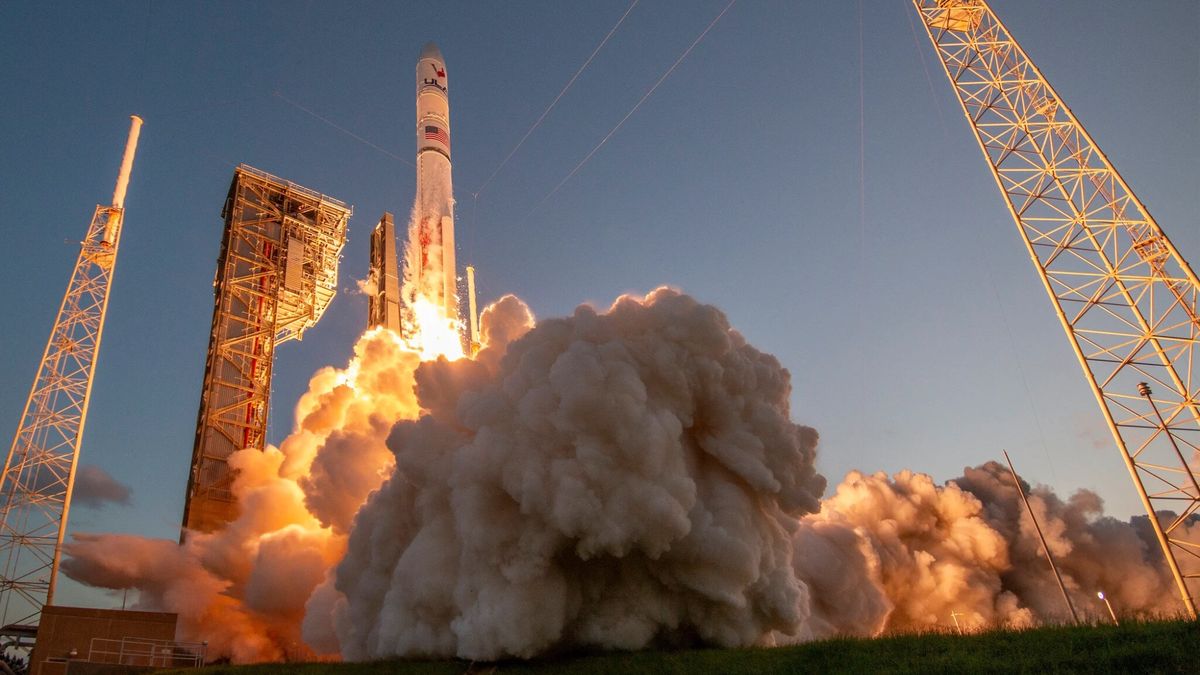


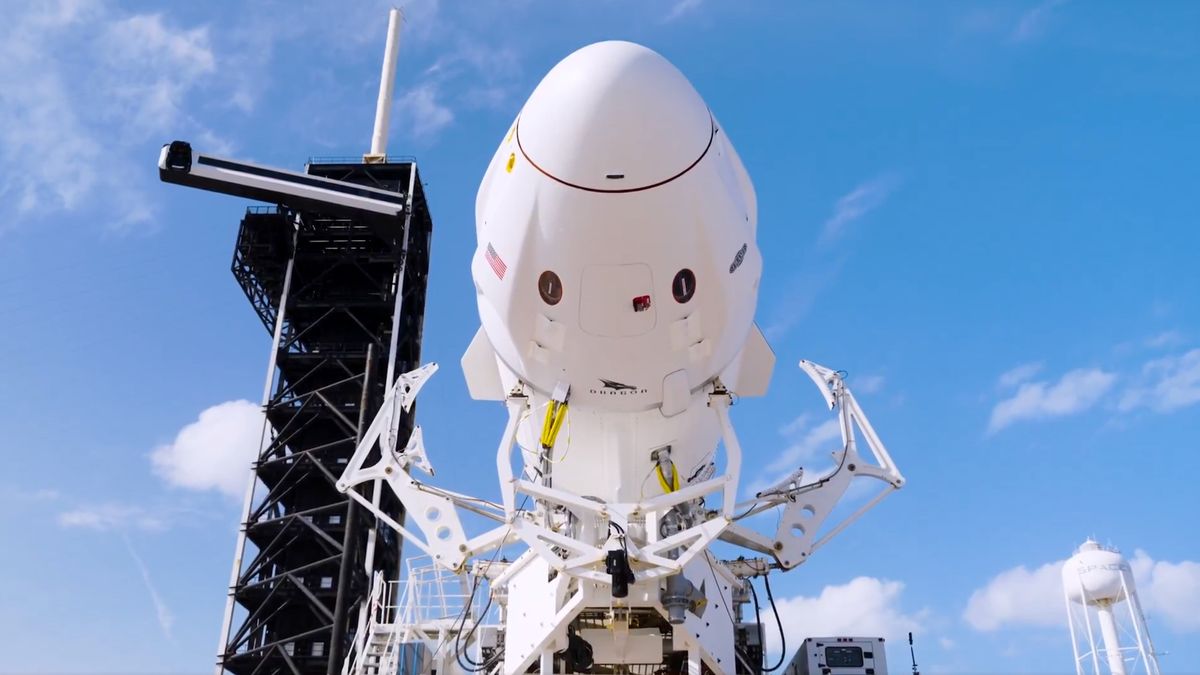
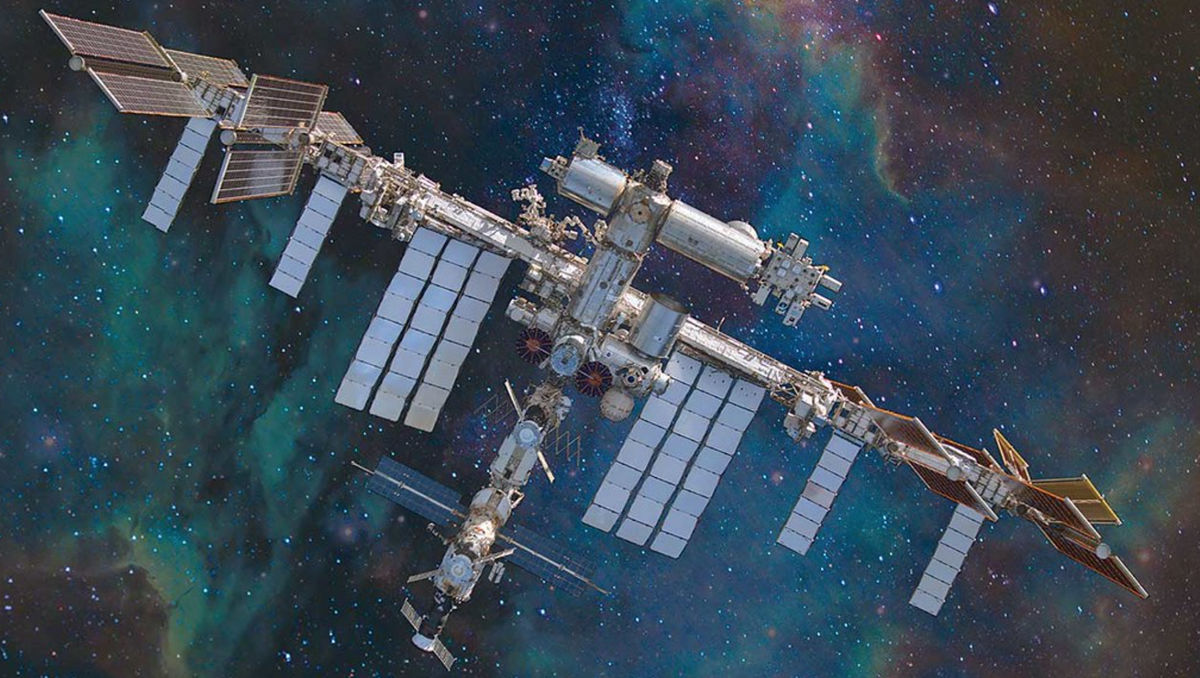

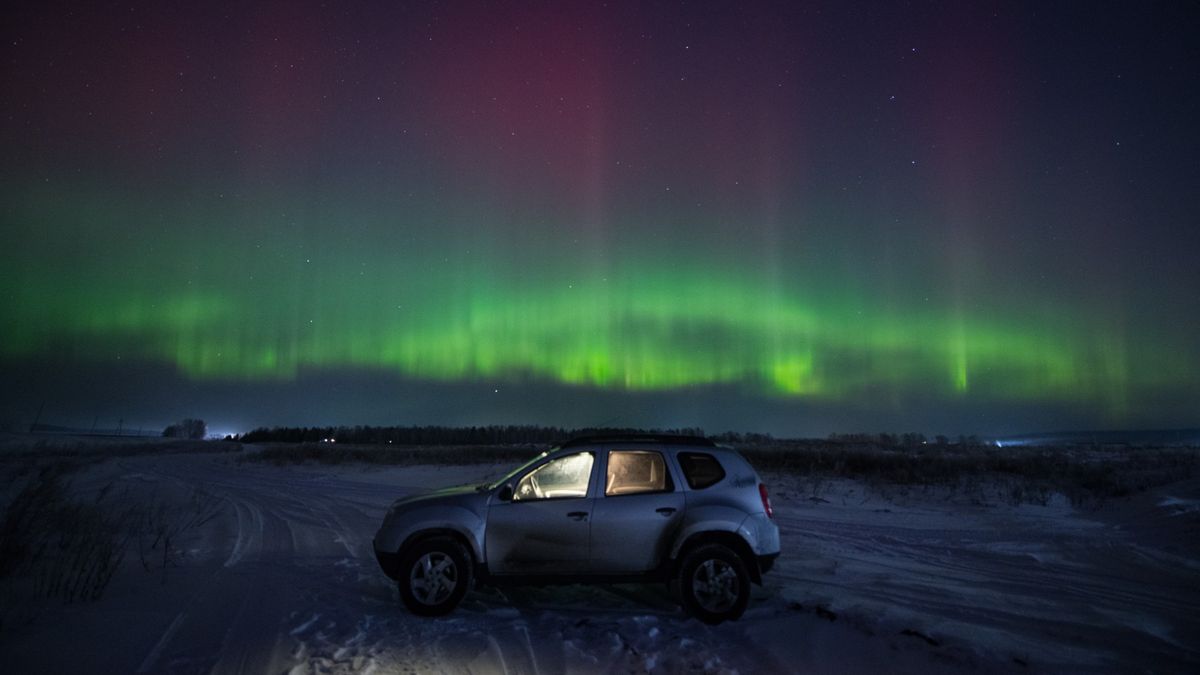
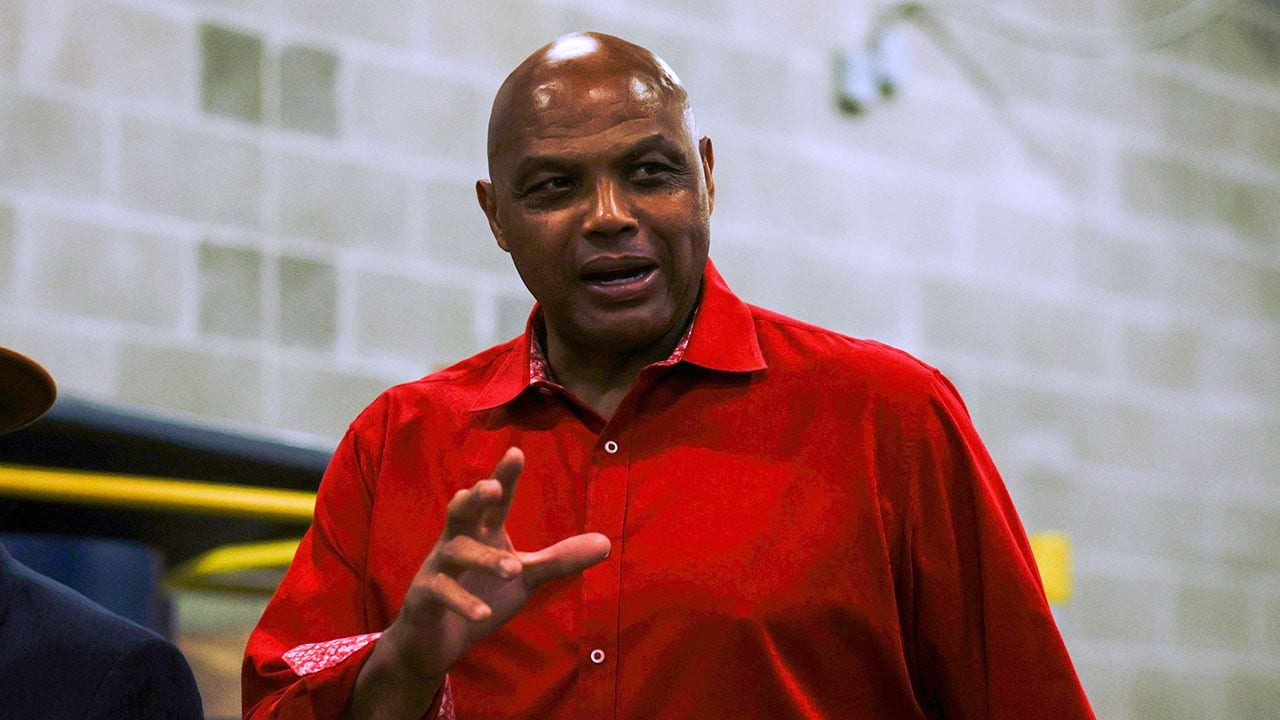
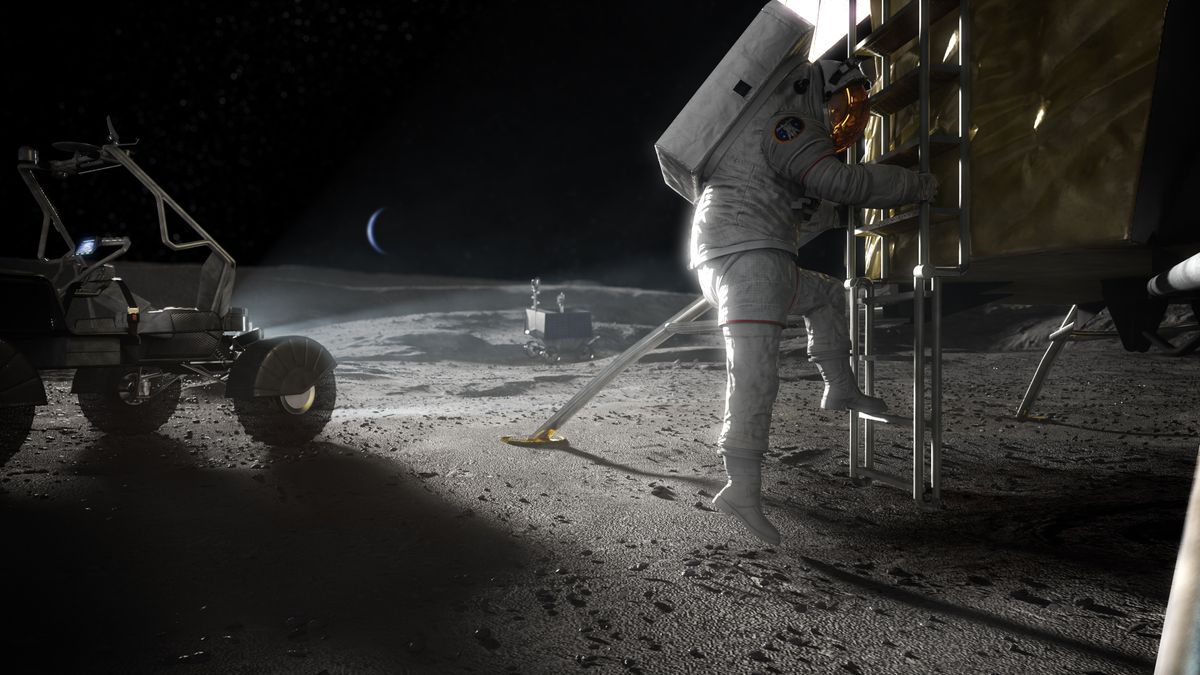

Comments